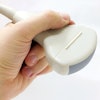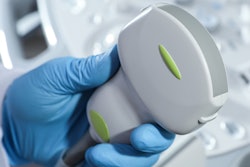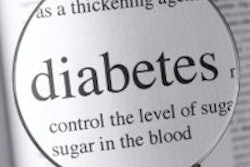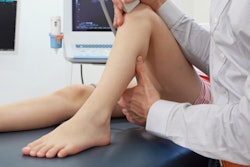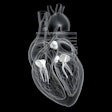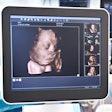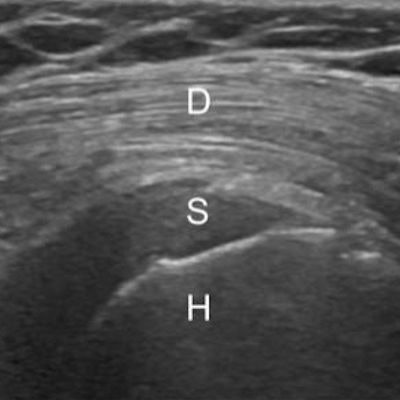
Brightness on ultrasound in the shoulder's deltoid muscle could be an indicator of diabetes or prediabetes, according to a study being presented at the RSNA 2018 meeting in Chicago.
The results may help clinicians diagnose diabetes earlier, according to lead author Dr. Steven Soliman, a musculoskeletal radiologist from Henry Ford Hospital in Detroit.
"The [U.S. Centers for Disease Control and Prevention (CDC)] states that prediabetes affects an astonishing 84.1 million adults, or nearly 34% of the adult U.S. population," Soliman said in a statement released by the RSNA. "Ninety percent of these people are completely unaware of their prediabetic status and are at a high risk of developing type 2 diabetes."
Musculoskeletal ultrasound is often used to diagnose shoulder pain, and over the course of his practice, Soliman has noticed a pattern in which patients who have a bright deltoid muscle on ultrasound are also diabetic or prediabetic. He and colleagues conducted a study to determine if this brightness could predict the disease.
The study included 124 shoulder ultrasound scans from patients with type 2 diabetes and 13 from people with prediabetes; diabetes was confirmed via hemoglobin A1c level measurements. The study also included 49 ultrasound scans from nondiabetic obese patients, with obesity determined by body mass index. Two musculoskeletal radiologists blinded to the diabetic status of the patients reviewed the images and categorized them as normal, suspected diabetic, or diabetic; a third reader arbitrated cases in which the other two radiologists disagreed.
Of the 137 diabetic ultrasound scans included in the study, 31 (22.6%) were categorized as normal, 36 (26.2%) as suspected diabetic, and 70 (51.2%) as definitely diabetic. Brightness in the deltoid muscle on ultrasound had a positive predictive value for diabetes of 89%. It was also an effective predictor of prediabetes: Of the 13 prediabetic ultrasound scans reviewed, the readers categorized all as either "suspected diabetic" or "definite diabetic."
"We weren't surprised that we had positive results because the shoulder muscle on patients with diabetes looked so bright on ultrasound, but we were surprised at the level of accuracy," Soliman said in the RSNA release.
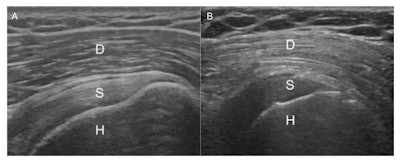 Shoulder images show reversal of the rotator cuff-to-deltoid gradient. Image A shows the normal gradient of the deltoid muscle to the supraspinatus tendon. Image B shows reversal of the normal gradient in a type 2 diabetic patient. D = deltoid, S = supraspinatus, and H = humerus. Image courtesy of RSNA.
Shoulder images show reversal of the rotator cuff-to-deltoid gradient. Image A shows the normal gradient of the deltoid muscle to the supraspinatus tendon. Image B shows reversal of the normal gradient in a type 2 diabetic patient. D = deltoid, S = supraspinatus, and H = humerus. Image courtesy of RSNA.Why the deltoid muscle is bright on ultrasound in diabetic or prediabetic patients isn't completely understood, but the researchers theorized that it's because of low levels of glycogen in the muscle, which can be depleted in people with the disease.
"It could be that this appearance in people with diabetes and prediabetes is related to the known problems with glycogen synthesis in their muscles because of their insulin abnormalities," Soliman said.




